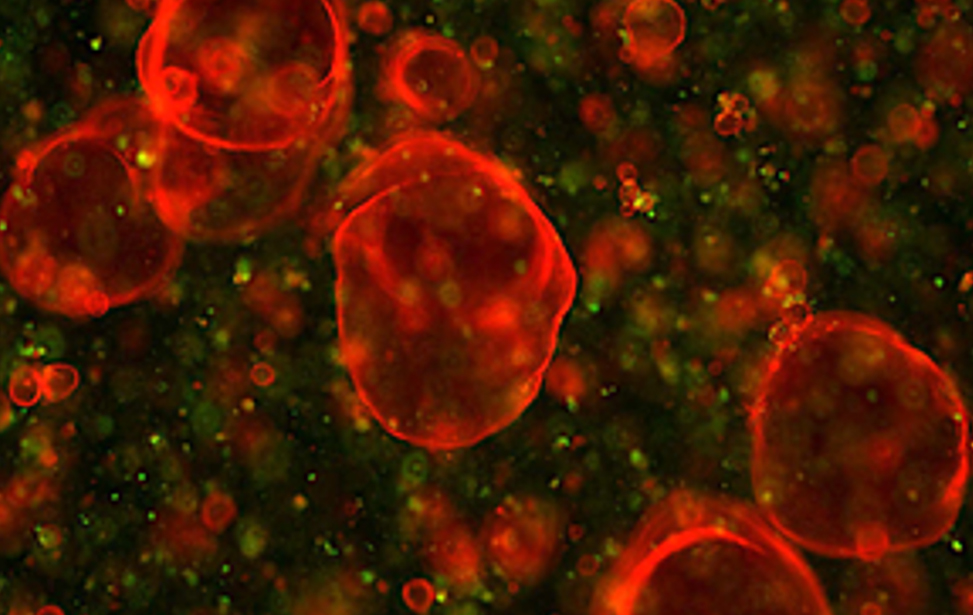Marta Kovatcheva
Marta was born in Sofia, Bulgaria and grew up in Toronto, Canada. She obtained her Hon. BSc. in Molecular Genetics at the University of Toronto in 2010. Marta completed her undergraduate thesis under the supervision of Dr. Daniel Durocher, studying the role of ubiquitin signaling in the double strand break DNA damage response.
In 2010, Marta moved to New York City to pursue her doctoral studies at Memorial Sloan Kettering Cancer Center (MSKCC) under the mentorship of Dr. Andrew Koff. Marta’s work focused on the mechanism of action required for the clinical efficacy of a then-novel class of targeted cancer therapeutic agents called CDK4/6 inhibitor (CDK4i) drugs. Through a cross-disciplinary relationship with a team of medical oncologists and surgeons conducting clinical trials, Marta’s work uncovered that a favorable clinical outcome was likely to be achieved when tumors could adopt a specific cell fate known as cellular senescence. Marta reported that the senescence response was driven by the proteins MDM2 and ATRX, and that the latter has a general role in the epigenetic remodeling required for the establishment of senescence. Marta’s work led to her contribution on several US and international patents for companion diagnostic and drug discovery tools, and helped guide subsequent clinical trials involving CDK4i therapy.
Marta’s interest in senescence led her to join Dr. Manuel Serrano’s lab in 2017 at the Institute for Research in Biomedicine in Barcelona, Spain for her postdoctoral research. During this time, she contributed to our understanding of the metabolic adaptations of senescent cells, with a particular focus on the mitochondria. Marta simultaneously became interested in Yamanaka Factor-based reprogramming, whereby artificial expression of four transcription factors can dedifferentiate adult cells into embryonic pluripotent stem cells. Capitalizing on in vivo mouse models developed by the Serrano Lab, Marta discovered that vitamin B12 is a limiting factor for cellular reprogramming both in vivo and in vitro. She reported that this is due to its central role in one-carbon (1C) metabolism: adequate B12 is necessary to generate sufficient methyl units for the epigenetically costly process of changing cell identity. Marta extended this concept into an injury model of murine ulcerative colitis, a process that invokes cell reprogramming to achieve tissue repair. Marta found that B12 was limiting for intestinal repair, also due to its role in supplying 1C units. This work linked Yamanaka reprogramming to pathophysiologic cell plasticity, and has far-reaching implications for regenerative medicine.
In 2024, Marta joined IFOM to start her own research group, the Laboratory of Cell Plasticity & Aging. Her research program seeks to understand autonomous and paracrine mechanisms of cell plasticity, how they are altered during aging, and what consequences this has for cancer and other age-associated diseases. Marta is passionate about scientific outreach and diversity, and strives to make science accessible and equitable for people of multi-faceted backgrounds.
